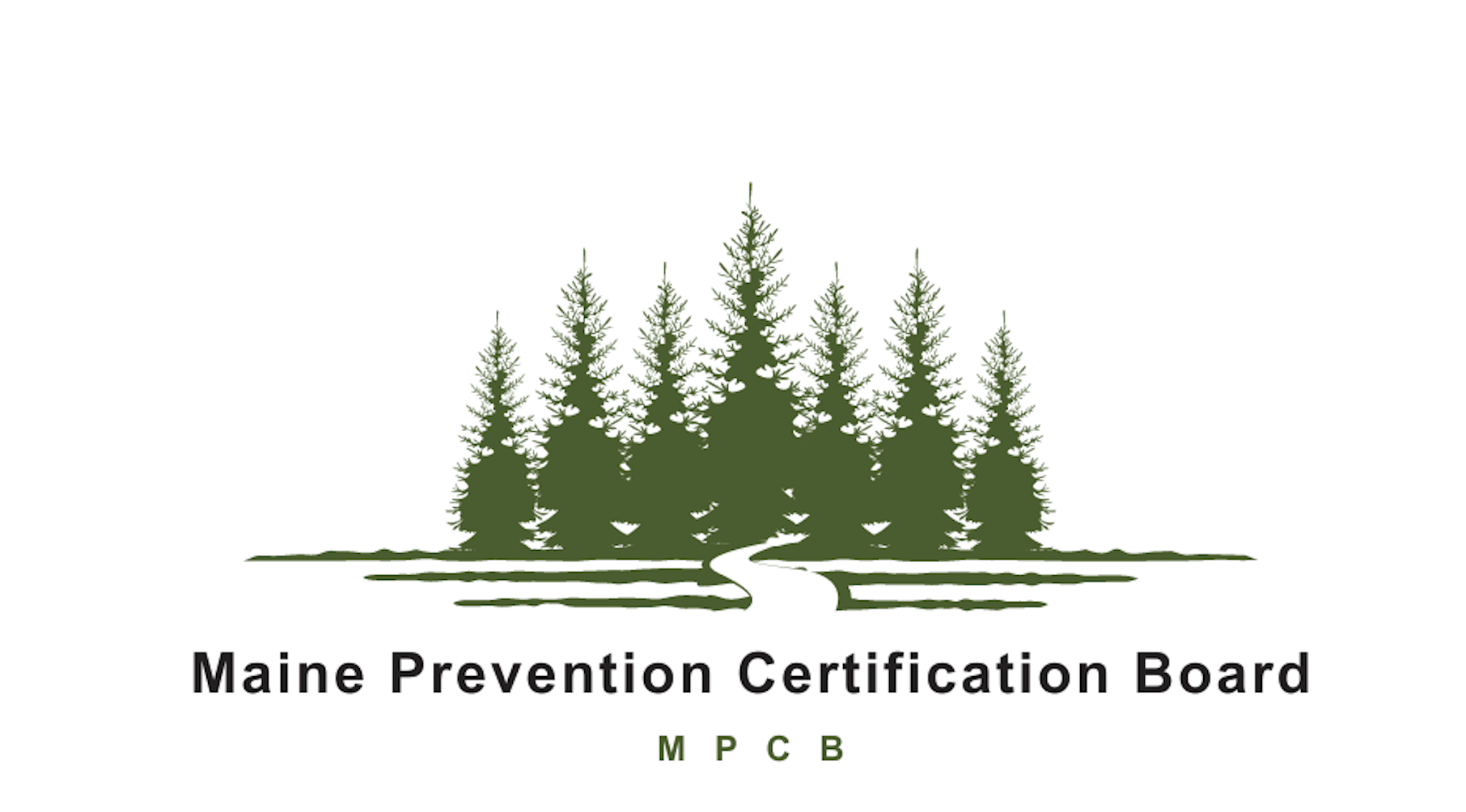Core Training/Education for Certified Prevention Specialists
SUBSTANCE ABUSE PREVENTION SKILLS TRAINING
General Overview
The Substance Abuse Prevention Skills Training (SAPST) is intended as an introductory level course; throughout the course of their careers, prevention practitioners will need additional and more advanced workforce development opportunities beyond the SAPST. The SAPST is a foundational course of study in substance misuse prevention and is intended for entry-level prevention practitioners working in states, jurisdictions, tribes, and communities; the training is also appropriate for professionals working in related fields. The SAPST is grounded in current research and SAMHSA’s Strategic Prevention Framework and provides prevention practitioners with the knowledge and skills needed to implement effective, data-driven prevention programs, practices, and policies that reduce behavioral health disparities and improve wellness.
Participants completing the SAPST will receive two certificates of completion totaling to 31 hours of participation (5 hours for the online course, and 26 for the in-person training). The SAPST is endorsed by the International Certification & Reciprocity Consortium (IC&RC) Prevention Committee as an IC&RC-approved curriculum. This endorsement provides assurance that the SAPST is applicable toward the education and training requirement for IC&RC’s Prevention Specialist credential.
ETHICS IN PREVENTION: A Guide for Substance Misuse Prevention Practitioners
General Overview
The Ethics in Prevention training for prevention professionals provides participants with an opportunity to explore the role and application of ethics in prevention work. As a substance misuse prevention professional, we regularly face situations that require us to make ethical decisions. Often it is clear how to act ethically; sometimes it is not. Throughout Ethics in Prevention, participants explore practical information and guidance, engage in both small- and large- group discussions of key concepts, and identify action steps to facilitate future application. Interactive activities and discussions help participants become familiar with the six principles of the Prevention Code of Ethics and practice applying an ethical decision-making process to assess, address, and evaluate a range of ethical issues.
Those who complete this in-person training will receive a Certificate of Completion for seven (7) contact hours. The Ethics in Prevention training is endorsed by the IC&RC, which requires training hours in prevention ethics for Prevention Specialist certification.
ADVANCED ETHICS FOR PREVENTION PROFESSIONALS
General Overview
The Advanced Ethics in Prevention course is a six hour in-person training for experienced prevention professionals or supervising/senior prevention practitioners. It is an in-depth exploration of the role of ethics in prevention work intended to enhance participants’ capacity to apply the Prevention Think Tank’s Code of Ethics’ six key principles to more complex ethical situations. In addition to a review of the principles and their application to advanced issues, participants will utilize case studies and discussion to share strategies for applying the ethical principles to navigate difficult situations. This training is intended for prevention professionals who have completed a previous course in prevention ethics in the past three years and are experienced prevention professionals. Completion of the basic course in Prevention Ethics in the last three years is a pre-requisite.
Participants completing the training will receive a certificate for six (6) hours of participation. This training is endorsed by the IC&RC. Participants can submit these certificates to their credentialing authority toward certification or re-certification.
